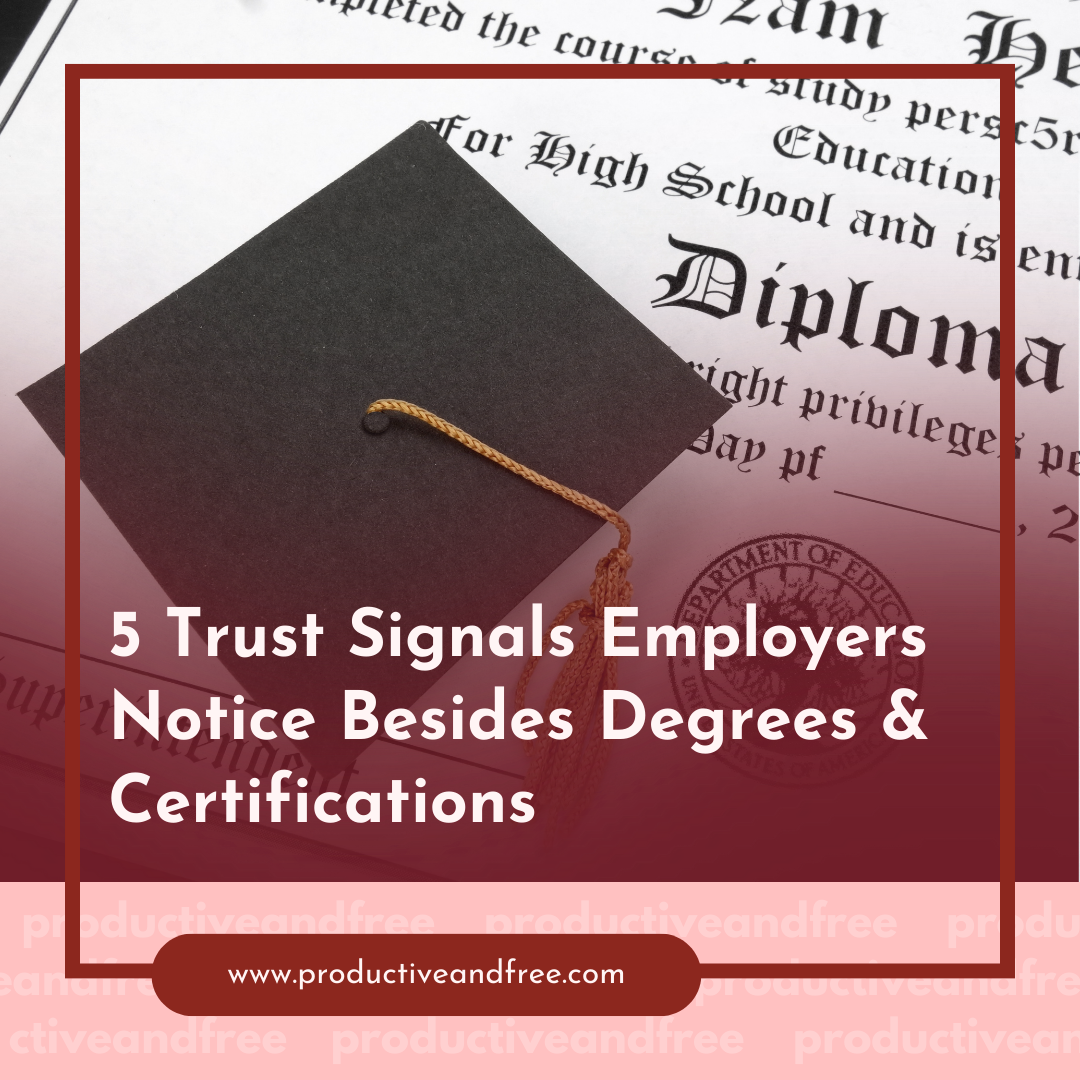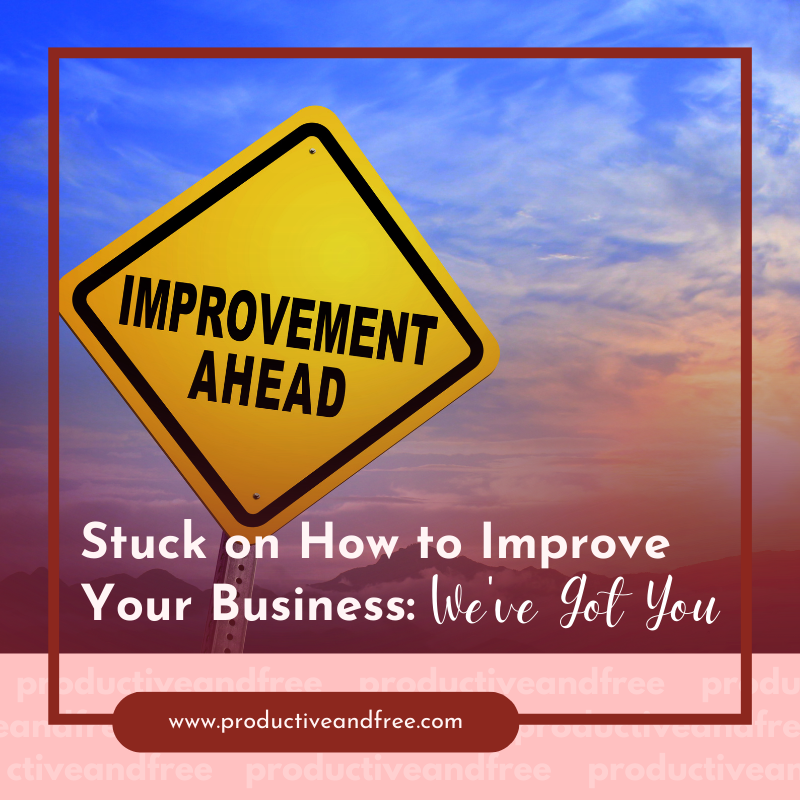5 Trust Signals Employers Notice Besides Degrees & Certifications
In today’s workplace, employers assess far more than degrees and certificates when deciding who to hire and promote.
Naturally, formal qualifications still matter. But they no longer tell the whole story. What employers really want to understand before they move things to the next level is who you are, and this means:
● How you think
● How you behave
● How you show up in everyday situations
These qualities are typically seen as trust signals, but they are subtle. Nevertheless, for many, they represent integrity and reliability.
The modern job market rewards people who can prove their value in practical ways. That’s where trust signals appear as a way to demonstrate you’re dependable and capable of contributing to a team. But what exactly are these small indicators that set you apart, whether you are applying to a new role or growing further in your current one?
You Are Who You Say You Are
Reliability starts with transparency, and in many industries, especially those involving sensitive information.
This is where specialized screenings, such as the BPSS clearance, come into play. It is the baseline screening standard for anyone working with or around sensitive government data. BPSS (Baseline Personnel Security Standard) checks confirm identity, employment history, criminal record information, and right-to-work status.
It’s commonly required for IT professionals, analysts, support staff, contractors, and anyone whose role might give them access to protected systems or confidential environments.
Even if you never plan to work on a government contract, the principle still applies. Employers value people who are open about their background, honest about their experience, and willing to provide documentation when needed.
You Participate in Events
Employers notice when someone is willing to step outside their usual routine and engage with their wider professional community. Presenting at business events demonstrates a real desire to share your interests and insights in your industry. This not only shows a level of expertise but also a true sense of community.
You don’t need to headline a major conference to make an impact. Smaller opportunities can be just as valuable.
Speaking for five or ten minutes at a local meetup, joining a panel discussion, contributing to Q&A sessions, or even hosting a short online workshop all show that you’re confident enough to share your ideas.
If you’re unsure how to get involved, start by attending events as a participant. Observe what kinds of talks resonate. Look for gaps you could fill with your knowledge or experience. Many organizers are eager for fresh voices.
You Have a Network
A strong professional network signals that you collaborate well with others and build meaningful relationships. Employers pay attention to this because people with healthy networks tend to communicate effectively,
Building a network is not impossible, but it requires dedication and consistent actions:
● Connecting with existing and past colleagues
● Joining relevant groups
● Taking part in industry discussions
● Reaching out to clients
● Etc.
Over time, these interactions accumulate into a supportive web of contacts who can offer advice and opportunities. It’s also important to remember that networks are designed to be mutually beneficial. They’re never just about receiving only.
You Are Willing to Help
Employers pay close attention to the people who jump in when a colleague is struggling, without asking for anything in return. What they're really looking for is a display of empathy, problem-solving skills, and a genuine team player mentality.
You don't have to do a lot to pitch in. Sometimes it's as simple as reviewing a project that's been stuck or sharing useful resources you've created along the way.
When people know they can rely on you, words tend to get around pretty quickly. They're more likely to come to you for advice, which in turn establishes you as an expert.
Employers really value this influence because it tells them you're someone who's actually making a positive impact on how your team works together.
You Show Initiative
Initiative is one of the most powerful trust signals you can offer an employer. It tells them that you’re someone who doesn’t rely on others to set the pace. Instead, you take ownership of your work and look for opportunities to contribute meaningfully.
Employers appreciate this because it reduces the need for micromanagement and shows that you’re invested in the organization’s success.
You can show initiative in many ways. You might spot an inefficiency and suggest a simple solution. You could volunteer to take on a task that plays to your strengths. It doesn’t necessarily mean starting a new project without business support.
Initiative also demonstrates confidence and self-awareness. It shows that you understand your value.
Academic degrees and professional certifications continue to be essential. But they are not door-openers. They are basic requirements for a variety of roles. Having them doesn’t guarantee a call from an employer. These 5 trust signals, on the other hand, may put your CV on top of the pile.
Share in the comments below: Questions go here
































